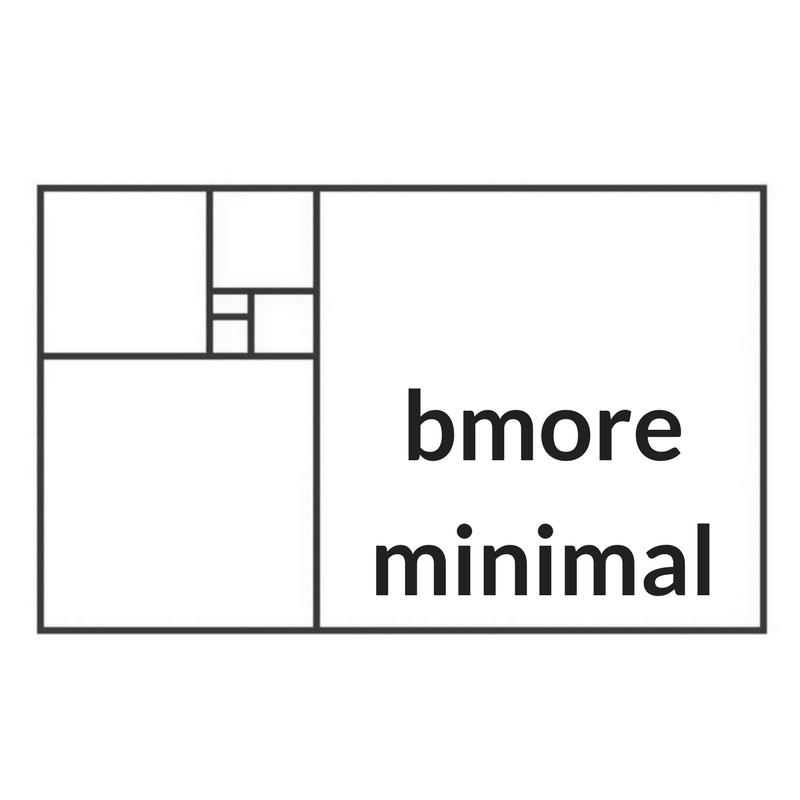Tsundoku is a Japansese word meaning the practice of buying books but never reading them, and accumulating piles of unread books throughout your house. Even people who decry consumerism, excess, and compulsive shopping in all other forms fall prey to tsundoku.
In fact, in my experience, it’s the very people who fancy themselves as intellectuals, immune to the siren song of stuff, that cling most to piles of books to symbolize their deep personas to the world.
Admittedly, I love the potential represented in a pile of new books. But anything that’s languishing unutilized in our homes is gear, and gear does not translate to action.
A pile of books doesn’t equate to time spent reading anymore than a pile of dirty clothes equates to time spent doing laundry; we do the verb (reading, washing) when we have the time, not when we have the pile.
If anything, the bigger the pile of books/laundry, the more avoidant we feel when we see it. How could we possibly tackle a pile that big?! Better turn on the TV instead...
Some folks prevent tsundoku by going digital, accumulating unread e-books that take up space on a Kindle rather than on a coffee table. I can’t speak to that; I try to avoid digital clutter as well as physical, and I look for ways to actively reduce the time I spend looking at screens. Analogue books are the only books for me.
My prevention for tsundoku is to borrow my books from the library. Have I mentioned that I love the library? The books are not mine indefinitely, which spurs me to actually carve out time to read them. The library sends me email reminders when my loans have been renewed or are coming due, which prompts me to complete the books before a deadline.
Of course, I’ve borrowed books from the library and then not read them. But I return them on time, trusting that I can always put them on hold and borrow them again if I need to. The library can serve as my personal book warehouse, so my home doesn’t have to.
